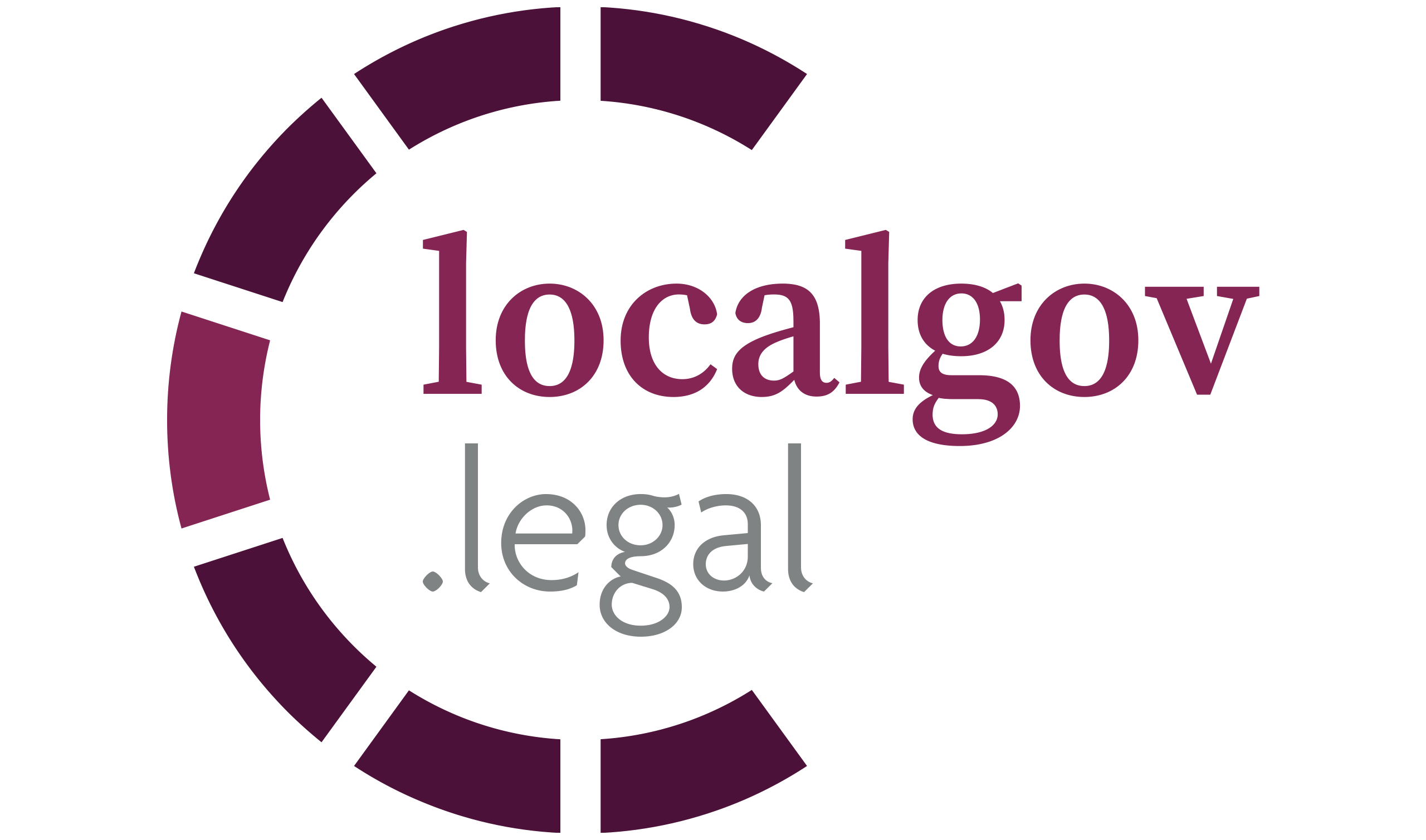Ofwat have announced water bills will rise by £94 over the next five years to address the climate crisis, however, politicians have described the plans as a disgrace for households.
The announcement from the regulator this morning came after under-fire water companies outlined plans to charge customers to pay for investment to stop sewage spills and fix leaky pipes. However, the overall sum is less than the increase requested by organisations and amounts to a rise in bills of around £19 each year over the period.
Details of the plans can be seen in a review by Ofwat, which examined the spending plans of English and Welsh water companies for 2025-30. The plans were submitted last October, and the report represents Ofwat’s drafts view, with a final decision due to be released at the end of this year.
Within the report it is highlighted that some water companies will be charging more than others. For example, Thames Water – which has been publicly struggling for a while – will be allowed to increase bills by £99 to £535, £92 less than the company proposed. What’s more, the biggest increase Ofwat granted was for Southern Water, with a £183 rise to £603.
However, although these plans have been created to essentially save the environment, a number of MPs have voiced their concerns about how impactful this will be for struggling households.
Tim Farron, the Liberal Democrats’ environment spokesperson, said: ‘Any insulting price hikes by water companies must be blocked. It is a national scandal that these disgraced firms are demanding more money from families and pensioners in a cost-of-living crisis, all while dumping raw sewage into our rivers.’
Mike Keil, chief executive of the Consumer Council for Water, added: ‘Millions of people will feel upset and anxious at the prospect of these water bill rises and question the fairness of them, given some water companies’ track record of failure and poor service.’
In addition, Paul de Zylva, senior sustainability analyst at Friends of the Earth, has claimed that whilst the plans seem positive, they won’t even scratch the surface when it comes to making a real difference.
‘This decision yet again proves that our current form of water privatisation is not fit for purpose. It sees water companies pile pressure on Ofwat to allow them to hike customers’ bills, to subsidise long overdue investment in our crumbling sewage infrastructure which might cut or prevent some, but by no means all, pollution,’ Zylva said.
‘Ofwat’s draft view shows it isn’t pandering to everything water companies wanted by giving them the sky-high bill increases they seek, but many will still see this considerable hike as unfair given how much we’ve already paid. People are willing to pay for essential bill rises when they get good service and real action to prevent pollution, but not to reward ongoing failure.’
‘It’s good to hear the new Environment Secretary Steve Reed saying he’ll “never look the other way” and make changes in water company governance, but tough talk won’t wash without greater funding for the Environment Agency and putting a Green Duty on Ofwat alongside its economic focus,’ Zylva said. ‘It’s now up to the new government to set a better standard by imposing tougher sanctions on irresponsible water companies and enshrining the right to a healthy environment law.’
It should be noted that bills will rise for customers of all water companies in England and Wales bar those of Wessex Water and Sutton and East Surrey Water.
Image: Imani
Government announces £80m for social housing upgrades to cut energy bills

















Leave a Reply